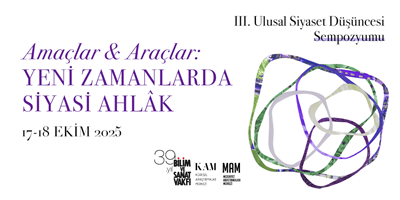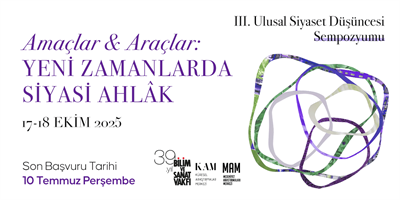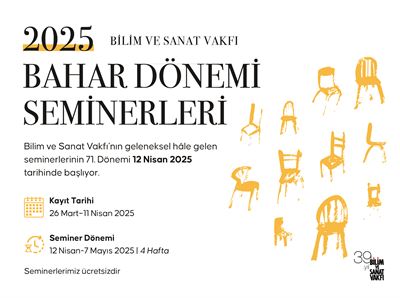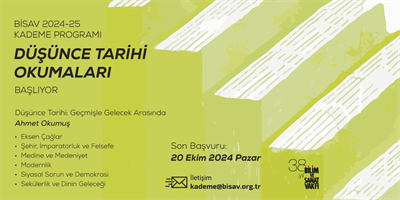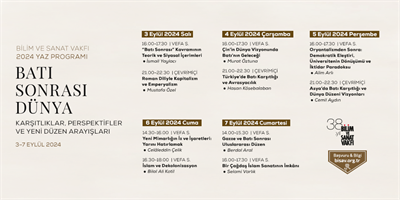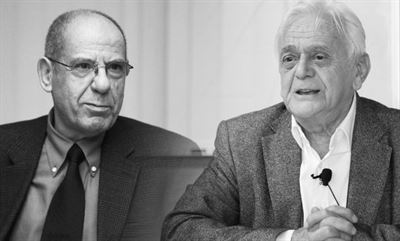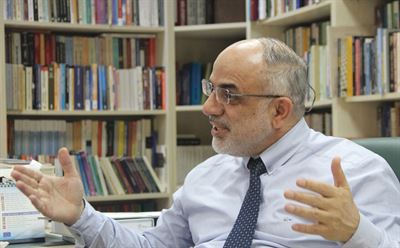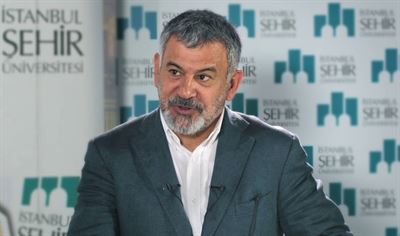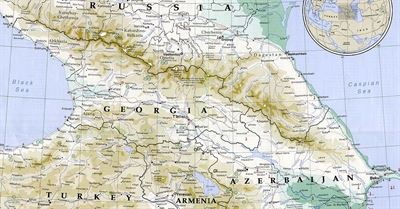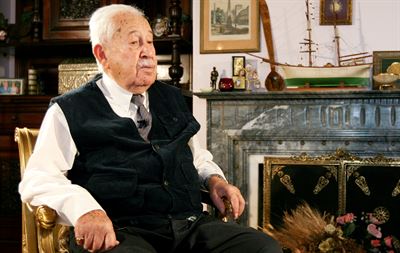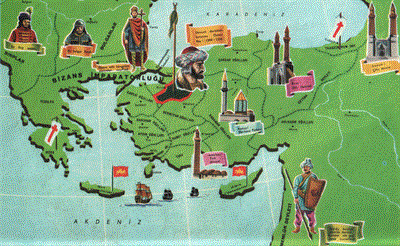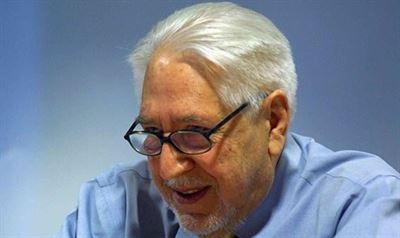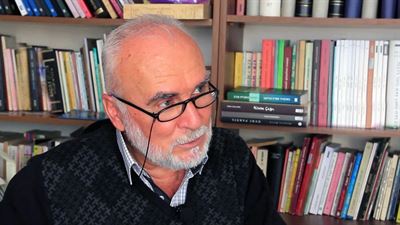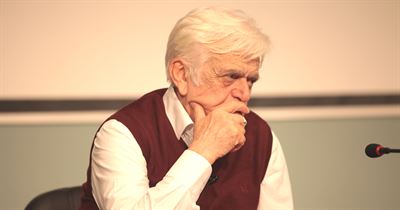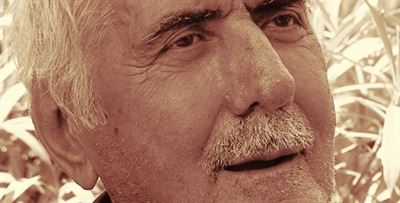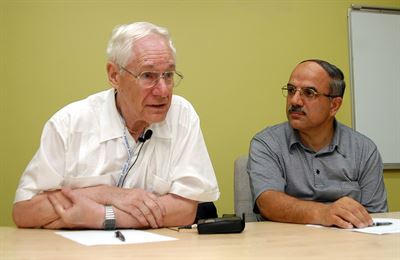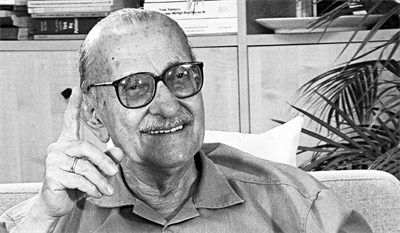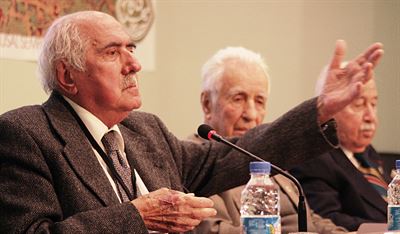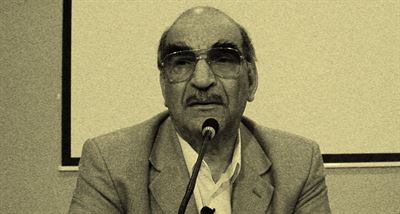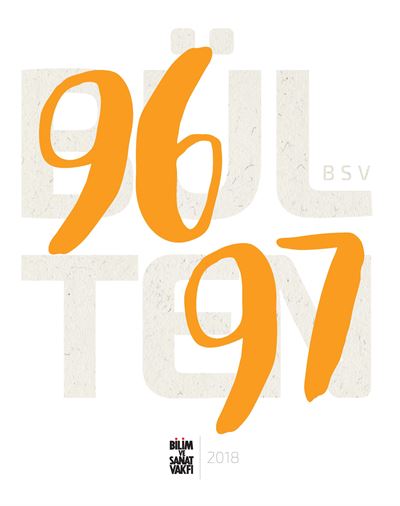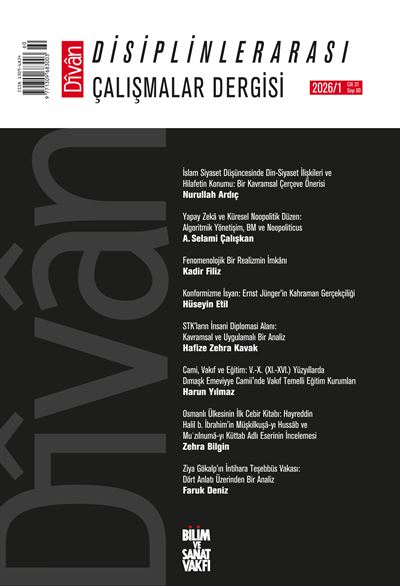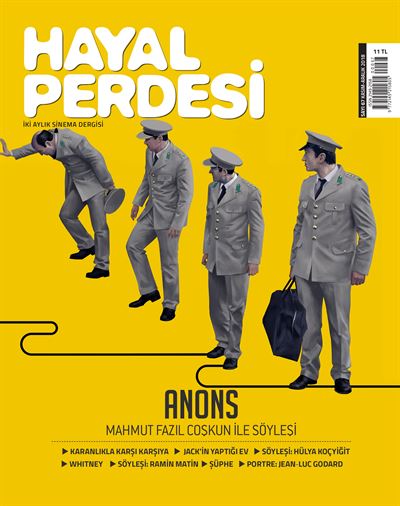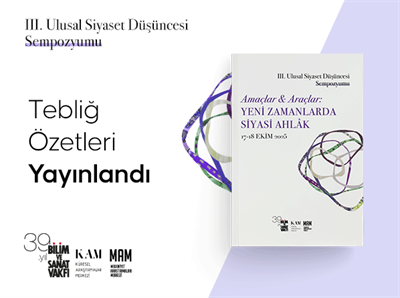
SEMİNERLER
History of The Balkans
In this course we will investigate the emergence and vicissitudes of Balkan nation-states and their political, social, economic and cultural development to the fall of communism. The course’s focus will therefore be onto the nationstates that primarily make up the area known as “the Balkans”: Albania, Bosnia and Herzegovina, Bulgaria, Croatia, Greece, Macedonia, Montenegro, Romania, Serbia, Slovenia as well as the youngest European nation, Kosovo. In early 19th century most of the Balkan area was ruled by the Ottoman Empire and the rest by the Habsburg Empire from Vienna. Beginning with the Serb uprising against Ottoman rule in 1804, the nineteenth and early twentieth centuries saw a long period of nation building processes that resulted with the creation of the first nation-states. A variety of political, social, economic, anthropological and cultural topics will be set as drives to discuss ideologies (such as nationalism, socialism, fascism and communism) and their products (image of past and historiographic production, violence, war and revolution, modernity)
• What do we mean by Balkans?
• The creation of the Balkan Nation-States
• The Balkans in the 20th Century
Reading List: Mark Mazower, The Balkans: a Short History, 2000 Maria Todorova, Imagining the Balkans, 2009
Optional: Entangled Histories of the Balkans, vol. 1,2,3 Brill Edited by Roumen Daskalov and Tchavdar Marinov.
SEMİNER PROGRAM LİSTESİ
| Salon | Tarih | Saat | Seminer | Semineri Veren | Açıklama |
|---|---|---|---|---|---|
| Adnan Büyükdeniz Salonu | 17.10.2015 | 11:15 | 1 | Petar Todorov | |
| Adnan Büyükdeniz Salonu | 24.10.2015 | 11:15 | 1 | Petar Todorov | |
| Adnan Büyükdeniz Salonu | 31.10.2015 | 11:15 | 1 | Petar Todorov |
SEMİNERLER

Vakıf faaliyetlerinin en gelenekseli olan seminerler, her yıl güz ve bahar dönemlerinde gerçekleşiyor.
DETAYLI BİLGİ

